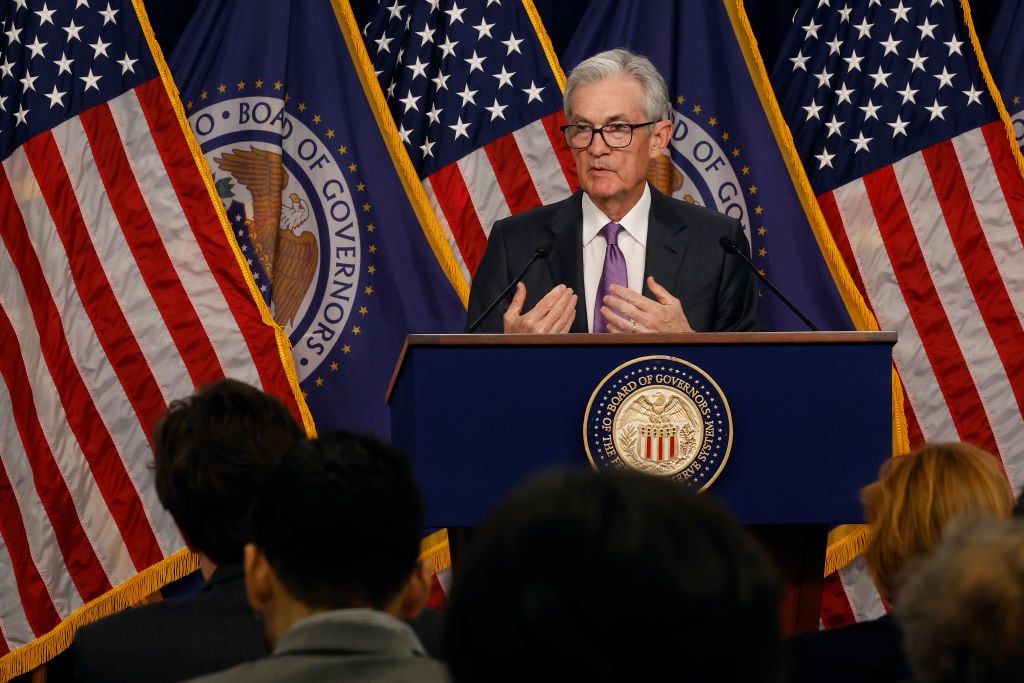When the Federal Reserve announces any decision regarding interest rates, the economy listens. That was the case on Wednesday, as chairman Jerome Powell gave the Fed’s decision after it wrapped up its latest two-day policy meeting.
Powell announced that the Fed will keep the interest rate at their current level of 5.25-5.5 percent, their highest for nearly 20 years. He also hinted that the Fed is unlikely to hike interest rates at its next meeting in June.
Why the Federal Reserve Made this Decision
The Fed’s statement said that economic activity “continued to expand at a solid pace” during the last month with job gains remaining strong and unemployment rates low. This explains why the Fed is reluctant to change interest rates at present. However, on a slightly less positive note, the statement also pointed out that “In recent months, there has been a lack of further progress towards the Committee’s 2 percent inflation objective.”
Because the Federal Reserve makes its interest rate decisions based on this core objective, keeping interest rates higher could potentially keep a lid on inflation. As always, the Fed said that it will pay attention to data and the evolving economic outlook over the next month. As it stands right now, the data from Tuesday suggests that wage growth picked up in the early portion of the year.
How Did Stock Markets React To the Decision?
The S&P 500 index saw a steep fall on Tuesday, the day before the decision and the fall meant that April was its worst performing month since September. Despite this, aAfter the announcement, the market responded quickly. The Dow Jones Industrial Average jumped 400 points on the news. Analysts also now expect first quarter S&P earnings to grow 6.6 percent this year, up from their estimate of 5.1 percent on April 1st.
The reason? Optimism about the future. If the Fed isn’t seeing compelling reasons to consider rate hikes, it suggests that the current status quo will be maintained. In fact, it’s possible that the Fed starts to consider cutting interest rates at a certain point, given their current high levels.
How Will Interest Rates Affect the U.S. This Year?
Interest rates can have a number of effects on the economy. Generally speaking, a rise in interest rates makes borrowing more expensive. The higher the interest rate, the more you pay on loans — which prompts some people to regard interest rates as “the price of money.” The higher these prices are, the more difficult it is to borrow money, which tends to have a stifling effect on the economy. The reverse is also true: if interest rates are low, it can lead to an increase in lending, which tends to spur growth. If more people are consuming and starting businesses, it tends to create more economic activity.
The Federal Reserve ultimately decides what those rates will be. Its decision to keep interest rates high — at least relative to the past few decades — means that the Fed seems to be prioritizing keeping a lid on inflation. That can lead to higher mortgage rates, higher credit card interest rates, and more.
But to finish on a brighter note, the Fed staying put could suggest some optimism for the economy — especially with Powell hinting that the rates likely won’t go up any time soon, barring unforeseen circumstances.









